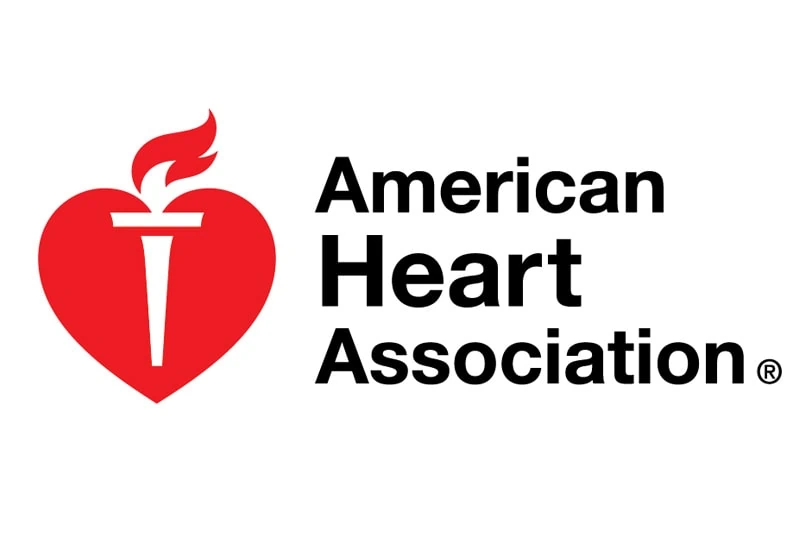AFib Symptom Tracker
American Heart Association
In 2019, Afib was mentioned on 183,321 death certificates and was the underlying cause in 26,535 of those deaths.
– CDC
According to the American Heart Association (AHA), atrial fibrillation is a quivering or irregular heartbeat (arrhythmia). The upper chambers of the heart (the atria) beat irregularly instead of beating effectively to move blood into the ventricles. Atrial fibrillation, also known as AFib, can lead to blood clots, stroke, heart failure and other heart-related complications.
According to Bristol-Myers Squibb Company and Pfizer Inc., there are many risk factors that may increase your chances of developing AFib. These include but are not limited to:
More than 750,000 hospitalizations occur each year because of AFib. The condition also contributes to nearly 130,000 deaths each year.
– CDC

American Heart Association

American Heart Association

American Heart Association

CardioSmart American College of Cardiology

CardioSmart American College of Cardiology

CardioSmart American College of Cardiology
Centers for Disease Control
In 2020, The Bristol Myers Squibb (BMS)-Pfizer Alliance launched the No Time to Wait campaign to raise awareness on the symptoms of atrial fibrillation. As part of this campaign, basketball icon Kareem Abdul-Jabbar partnered with BMS and Pfizer to shared his experience with Afib and what lead to his diagnosis. You can access the full press release here.